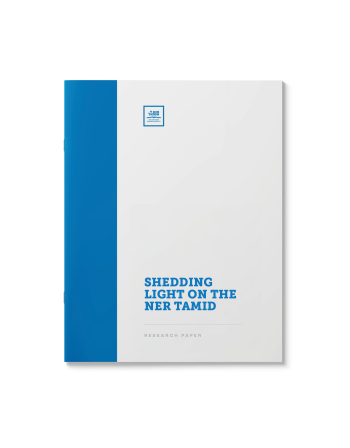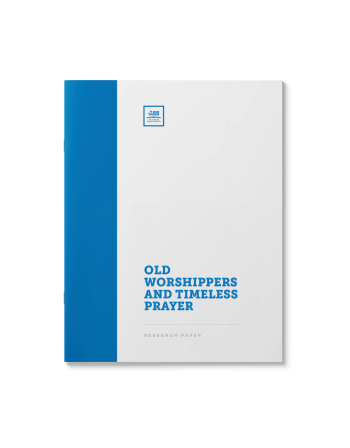A Look at Liturgy: On the Origin and Evolution of Piyutim
$39.00
Piyutim are liturgical poems that are chanted during prayer primarily on the High Holidays, with some dating back many generations. What is their status in Jewish law? Must they all be recited or can they be omitted? What do we know about their origin and evolution? How important is it to adhere to local custom?
| Language | English |
|---|---|
| Paper Type | Research Paper |
| Pages | 16 |
Related Products
שהחיינו וקיימנו לזמן הזה. בירור מקיף ויסודי אחר תקנת ברכת שהחיינו. מדוע נהוג לברכה על פרי חדש לעומת אירועים משמחים שאינו נהוג לברכה? מהם כללי היסוד הקובע את אמירתה? סקירה הלכתית ומגוונת מממקרים ושאלות רלוונטיות. ראה זה חדש.
The recitation of Kaddish is a central Jewish mourning rite. Mourners recite Kaddish for eleven months following the death of a loved one. What is the meaning of the prayer and the details of its observance? Why is it recited for specifically eleven months?
The greatest cantorial pieces call for the
repetition of certain words. When is this allowed? What is the issue? And what
role, if any, does the Chazzan play in Chabad philosophy?
A digest of the philosophy behind communal prayer. What makes it so valuable? What purpose does it serve? Does the prayer of the individual not achieve the same as the prayers of a congregation? A look at the deeper meaning of tefilah b’tzibbur.
Table of Contents
As an expression of honor and submission, bowing before an authority has always been common. In Jewish prayer, numerous segments are associated with bowing and prostration. What are some of the reasons for bowing during the recital of Modeh Ani, Barchu, the Amida, Aleinu and during the Yom Kippur service?
Familiarize yourself with the background of the various components that comprise the davening. The repetition of the Amida, the appropriate direction for prayer, who is fit to lead the service, the procedures of Krias HaTorah and much more.
Part III in a Series
.
Table of Contents
Beseeching the Creator for His benevolence and salvation is a practice of universal import and value. But how did the uniquely Jewish form of prayer evolve? What was the process by which the first siddurim were designed?
Part II in a Series
One of the focal points of the High-Holiday prayers is the recital of the “Thirteen Attributes of Mercy” revealed by G-d to Moshe as key to arousing divine mercy (Shemot 34:6-7).
The Rishonim labored to identify the precise words of the verse that represent each of the thirteen attributes, yielding multiple interpretations.
Understanding the meaning of these attributes according to the Kabbalistic tradition of the Zohar and Arizal provides for a slightly different division of the words in the verse.
This collection provides some background on the significance of the Yud Gimmel Midos HaRachamim and its mystical meaning.
The beautiful Veyiten Lecha prayer customarily recited after Havdallah assembles a wide array of Torah passages. What do they mean and why do we say it?
A minyan of seniors, a common occurrence at old age homes, can be challenging. What does Jewish law say about seniors sleeping during the prayers, or seniors who are unable or unwilling to actively participate in the services?
G-d’s benevolence is all around us. Every day we experience divine salvation whether we know it or not. But sometimes these events truly transcend the natural order for which we owe G-d an additional debt of gratitude.
What is the appropriate way to express thanks to G-d when experiencing deliverance from danger? Is it preferable to do so discreetly or is a public celebration in order? What is the basis for the common custom of inviting friends to participate in a Seudas Hoda’ah (feast of gratitude)?
Related: Thanking G-d for Goodness Parts I and II
The Shul generally davens Nusach Ashkenaz and their Chabad Rav has been serving as shliach tzibur for Ne’ilah for over thirty years. Instead of repeating the Yud Gimmel Midos seven times, he only recites them three times, and has done so for over three decades. Has the Rabbi deviated from a well-established norm dating back over a millennium, or is the congregation blissfully unaware of the genesis of this practice? This paper highlights all available original sources on the matter and allows the reader to draw his own conclusion.


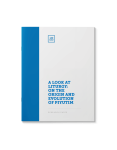
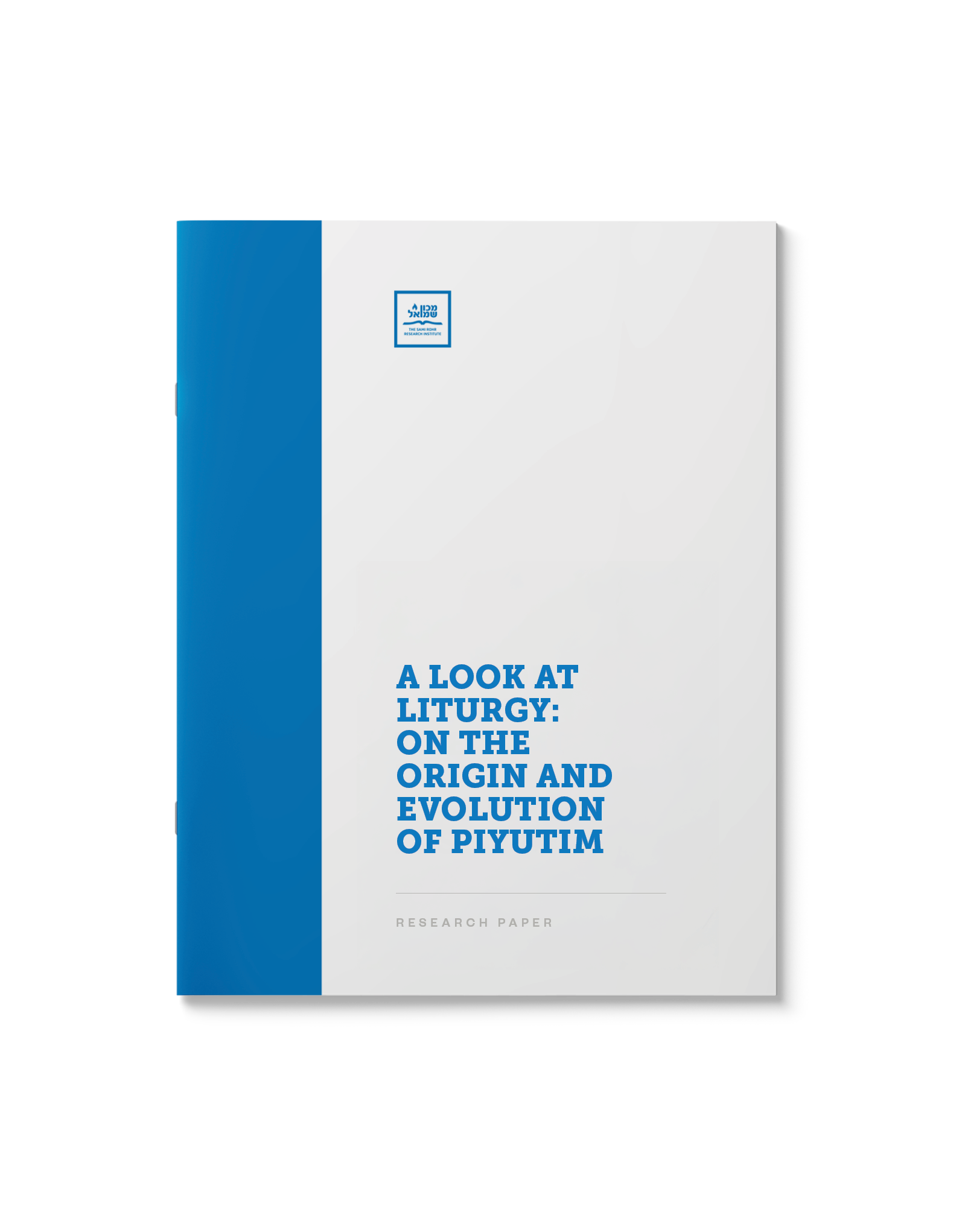

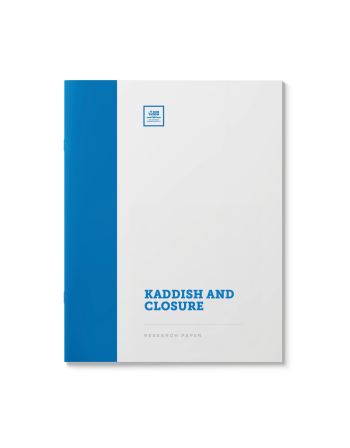





![Identifying the Thirteen Attributes of Mercy (Sources) [New!]](https://catalog.myjli.com/wp-content/uploads/2025/05/SAMSTAM-350x448.png)
